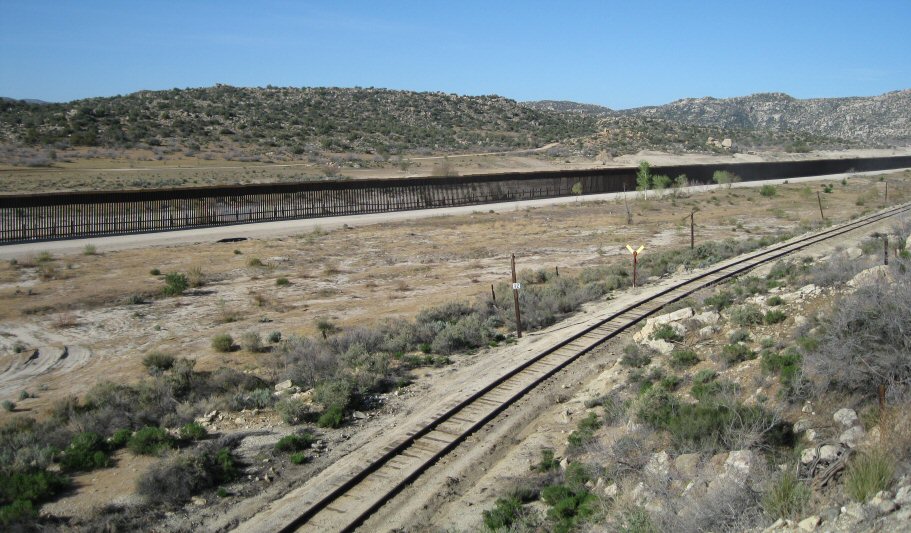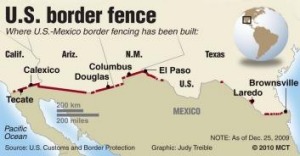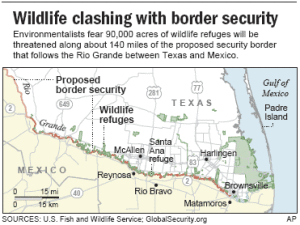
Economics is about incentive. You get what you reward.
And our system of immigration has perverse incentives which are causing economic damage to our country.
The Immigration Paradox
Why are American technology companies off-shoring to other countries?
The obvious answer is cost. And that is true, cost is a benefit, but I would argue it’s of far lesser importance these days. (The cost of having an off-shored development team is far higher than people imagine, due to inefficiencies in teamwork, cultural differences, time zones, etc.)
There is another, hidden, problem, which I call the Immigration Paradox.
1. When a country makes immigration difficult, educated talent that is needed can’t come into the country.
2. This, in turn, forces business in that country to go offshore in order to get that talent, hurting the country’s economy.
And it’s exactly what’s happening in the United States.
Why are Apple’s computers and phones made in China? The immediate, snap answer is cost. Well, actually, that isn’t the complete answer. A more correct answeer is that Apple was unable to get the amount of engineers it needed in the United States, which forced them to go overseas (Apple, for many years, had their manufacturing in the United States).
Running a manufacturing operation in the US is productive. Simple things like stable electrical power, infrastructure, ease of transportation — all these things are taken for granted, but are really meaningful in manufacturing. But it means nothing if you don’t have the engineers available in high tech.
The argument that there are “perfectly qualified people in the US willing to take the jobs” is disingenuous. Believe me, I’ve been there. At my last company, we would spend months trying to hire software development talent, and couldn’t get enough of them. I found plenty of great talent outside of the country, but getting those people in was nearly impossible.
So I ended up setting up off-shore development centers.
I really wanted these people in the United States. But I couldn’t get them in. It can cost upwards of a $100k to bring a software developer into the country; the hassles are legendary. And your chances of being successful are low.
It’s always been fairly difficult to bring in educated immigrants. Post 9/11, it’s extremely difficult.
This is why Mark Zuckerberg and others are trying to bring more overseas talent into the country.
And so, American businesses go to Romania, or Ukraine, or India, or wherever, to get the access to the talent. And our economy suffers.
We don’t have to make them citizens. But we should make it much easier to get a work visa.
But what about those horrible illegals? They are criminals! They are rapists and murderers!
Now that discussion is different. I am talking above about getting work visas for smart people to boost our own economy.
But…while I’m on the general subject, I’ll go there.
The argument starts with “legal immigrants are fine (I myself am a child of immigrants!), but it’s the illegals who are terrible. They rape and pillage and steal and murder and all kinds of other awful stuff!”
Let’s start by pointing out that undocumented immigration is not spiraling out of control, it’s actually down from 12 million in 2007 to about 8 million now (you’d never know it if you listened to the news, though).
Furthermore, immigrants are actually less likely to commit crimes than natives (I know that doesn’t sit well with a lot of people who listen to talk radio, but it’s the truth).
Then, let’s get some perspective: Given the choice between starvation and food, would you choose to (a) starve, or (b) eat? I would hope your answer would be (b). Undocumented workers come into the country because they need the work to survive.
And calling them “criminals” is a bit misleading. You see, they can’t really get in legally themselves.
Sure, there are “guest worker” programs, but these are a) a bureaucratic nightmare and b) rife with exploitation. That’s why many Latinos come over the border illegally.
Farmers need cheap labor. If you want to go out and pick lettuce in 110º heat for 12 hours a day, be my guest. I think you’ll find almost zero interest in Americans in doing this kind of labor. Restaurants need cheap labor. If you want to wash dishes all day, be my guest. But again, you won’t find many Americans willing to slave away washing dishes at minimum wage.
The immigrants do the jobs we’re not willing to do.
The political answer is simple: Make it a straightforward process to bring workers into the country, under effective guest worker programs. Document them. Tax them. Track them. But erecting massive walls to keep them out is really not a solution.
The cost of illegal immigration
There is also a disingenuous argument that undocumented immigration is destroying the country’s economy and causing high taxes. This is not backed by data. The CBO itself has determined that 70-80% of undocumented workers pay Federal, State and Local taxes, and $7 billion per year to Social Security. In Texas alone, over $18 billion per year is added to the state budget by undocumented immigrants. Again, the facts are lost.
Let’s take the position that there is, in fact, a cost. Fine. But then, that’s even a stronger argument for documenting them, isn’t it? Let’s document them, and tax them.
Incidentally, the Great Wall of China didn’t work (and it wasn’t an immigration wall, it was to guard against invasions from the Mongol steppe tribes, as Mr. Trump recently learned for the first time). Walls don’t work.
In closing
Undocumented immigrants are easy targets. They are poor, can’t represent themselves, and they’re, well, different. But scapegoating another race or class of individual has never worked well historically. The truth is that a country needs a steady stream of fresh immigrants to survive. We need the educated immigrants to continue to fuel our technology boom; we need the uneducated immigrants to pick our lettuce; we need immigrants to breathe life into an economy; and finally, we need immigrants to create a healthy population pyramid (unlike xenophobic Japan, for example, whose anti-immigration policies are destroying their economy).
For my part, I just want to see a reasonable, sensible discussion based on common sense and facts. Not wild, unjustified opinions.
That would be a good start.




 I talked to a Trump supporter recently in San Francisco. I asked him how he thought Trump would fix the economy.
I talked to a Trump supporter recently in San Francisco. I asked him how he thought Trump would fix the economy.